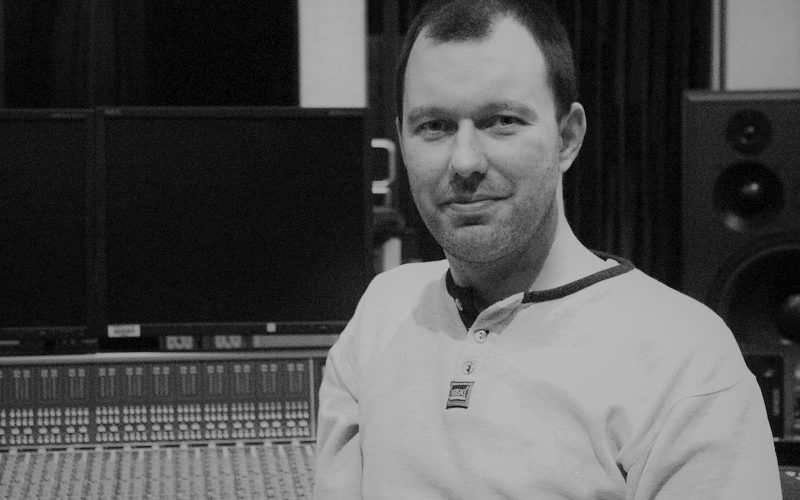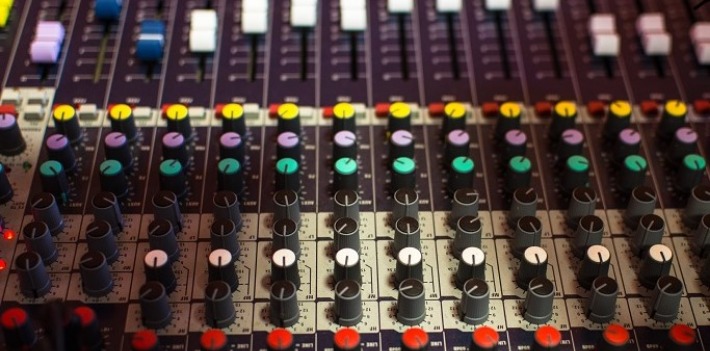
Top 5 Sound Production Tips with Jakub Gaudasinski
Jakub Gaudasinski has had a successful career as an audio engineer, producer, composer and sound designer. Along with being a classical cellist and a jazz drummer, he is also a live music producer at ABC Classic, and runs Synthetica Digital Audio.
Ahead of tutoring for AYO’s Sound Production program in 2020, he shares his top five tips for establishing a career in sound engineering:

1. Persistence is key
Much like with many other trades, and especially within those concerned with performing arts, persistence is a key element. You must be persistent in the way you seek work opportunities and in the way you go about fulfilling their requirements, because as far as I know, there is no shortcut to any meaningful success, however you may define it. I would say that generally people who do best in their chosen fields are the ones who truly love the work for all its highs and lows, and their persistence in the field is a function of that love, even if some days are not necessarily action-packed.
2. Know the science
Another key element, given that we are dealing with a subset of engineering, is to be familiar with all the relevant sciences. To me the term “engineering” implies a model of problem solving that relies on science and at least a modicum of empiricism, and in the case of sound engineering specifically, a very particular intersection of the relevant sciences and the performing arts.
3. Practice. Practice.
Continuous practice is something that I deem vital for this trade. This means practising your skills on a daily basis, be it through mixing music or other audio in a studio or for the stage, or rigging a sound system, composing some music or repairing a microphone, as all those abilities do, sooner or later, become useful, even if not directly. Perfection may or may not exist, but practice will take you much closer to it.
4. Listen to music… LOTS of music.
Listen to classical and orchestral, listen to jazz, to electronic. Listen to top 40 and country. Go to theatre performances, both professional and amateur, and listen to how the PA sounds and how the mix works, or how it doesn’t work. Go to the movies and listen to soundtracks. Work with mixed ensembles just as much as you would with rock bands or solo guitarists, or people who play the washboard with a pair of spoons. You will likely meet them all throughout your career, and it is up to you to know their individual sounds.
5. Build your network
Lastly, the old adage “it’s not what you know, it’s WHO you know” is true to a degree. Networking is important, and you should (persistently but with a modicum of care) build a network of other professionals around you who, in time, will recommend you based on the merit of your work.
The AYO Sound Production course will be an intensive program focused on studio production and radio broadcast of a series of concerts performed by the AYO orchestras during the National Music Camp.
Throughout the course we will cover topics that include, among others: electrical theory and basic electronics, the physics of sound as well as the mathematics and logic of digital recording, the process of mixing commercial audio, audio mastering and master delivery, working with multitrack transport over IP, and computational sound processing.
I’m aiming to make the course fun, practical, relevant, applicable to real-world engineering problems, creative, and open-ended, pointing the students towards useful, generalised ways of thinking about approaching a music recording project.
